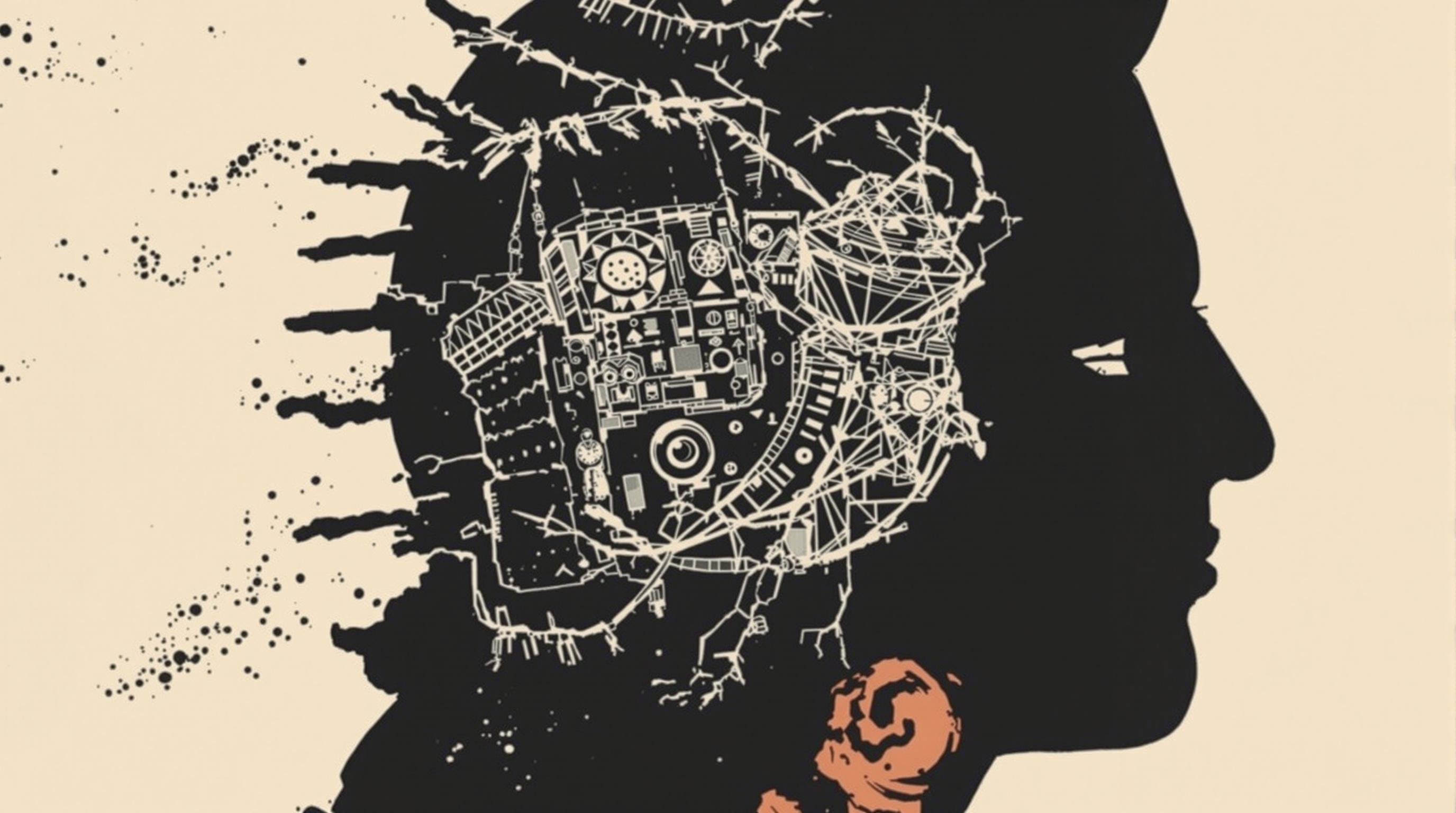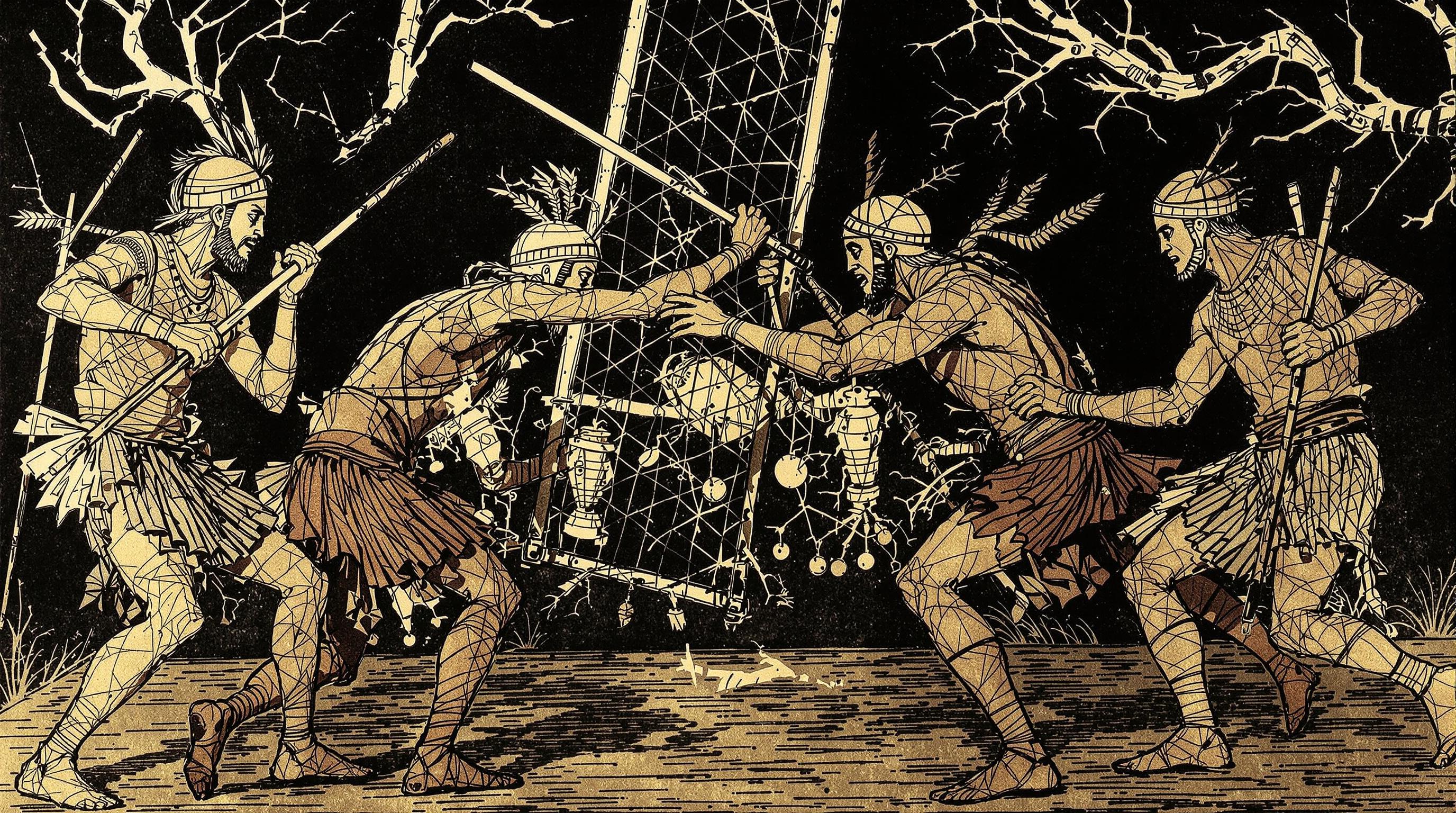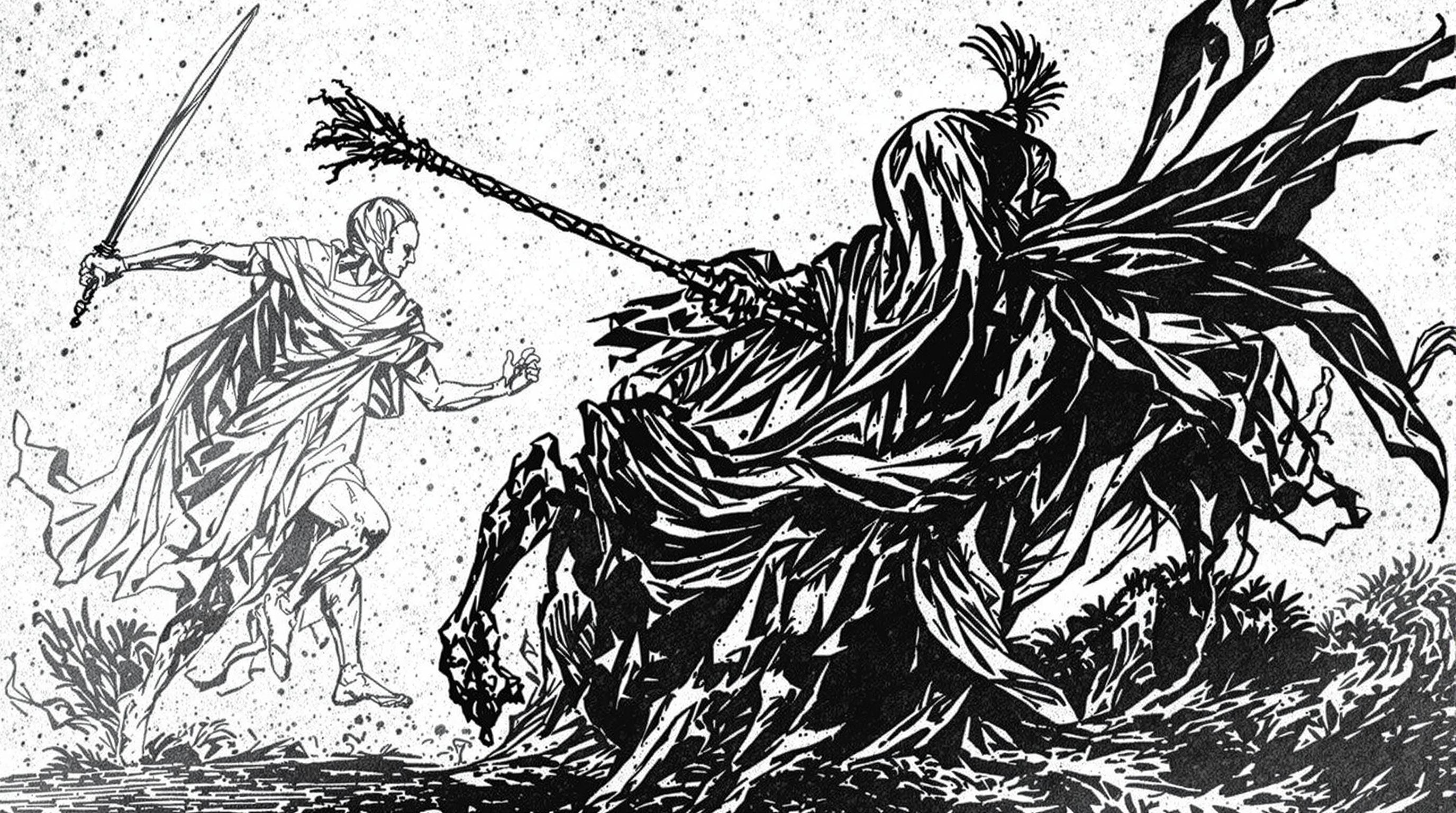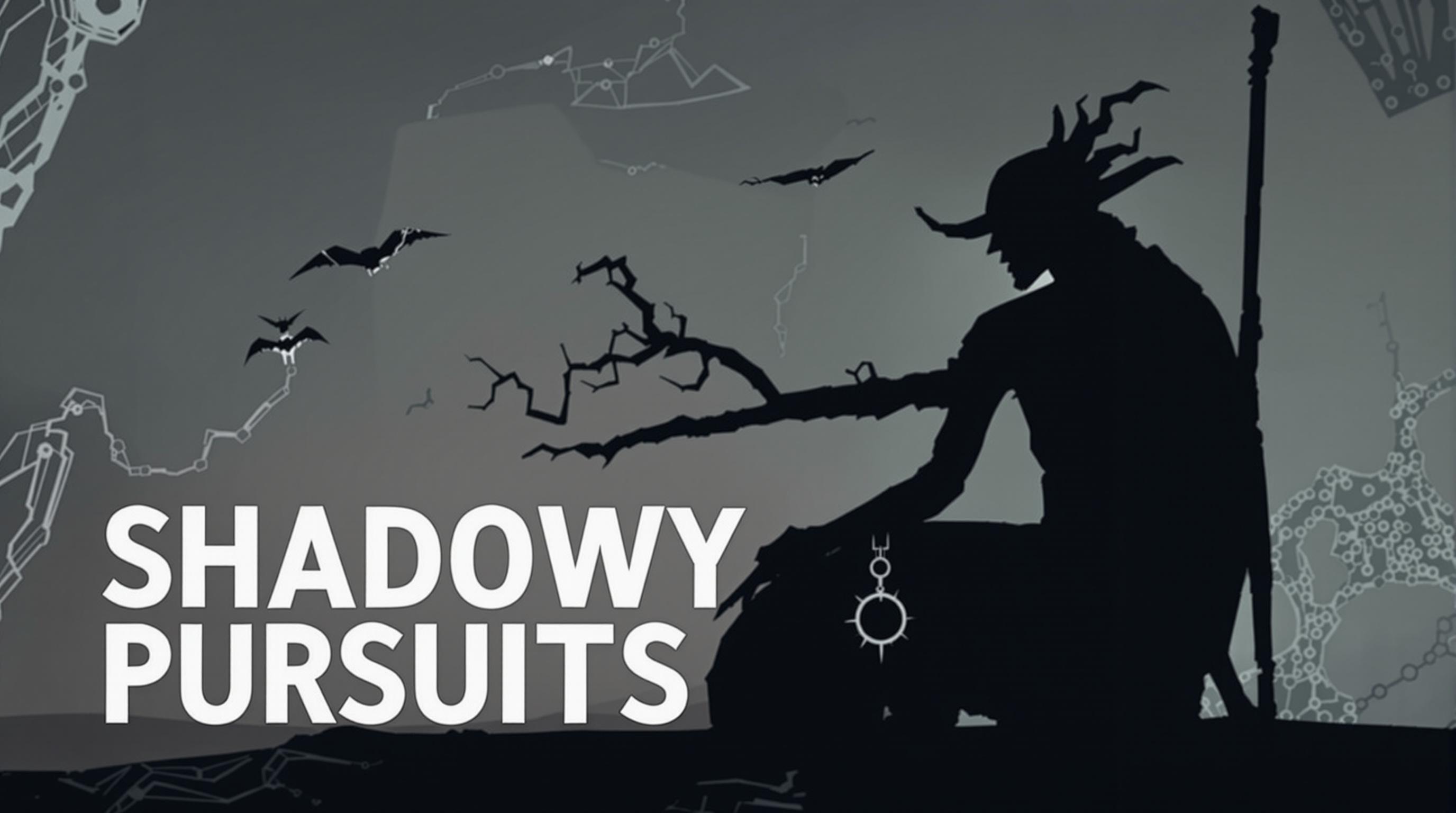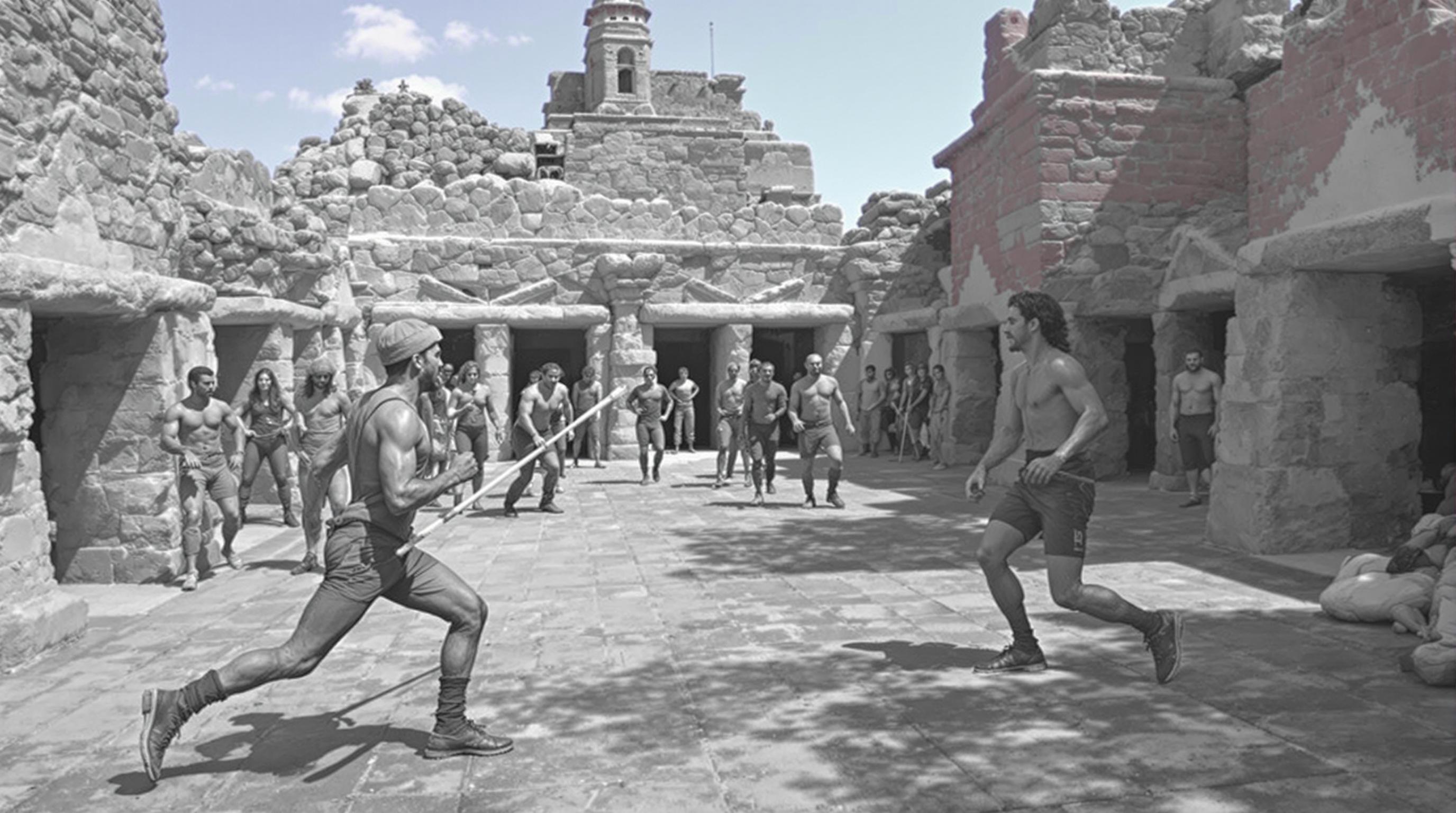Related Articles
- Sporting Rituals: The Curious Connections Between Athletic Events and Ancient Traditions of Worship and Community Bonding
- Game On: The Surprising Influence of Sports on Fashion Trends and Personal Identity in Youth Culture
- Rituals and Rites: How Competitive Sports Influence Cultural Practices in Spiritual and Indigenous Communities
- Sports as Social Glue: Examining the Bond Between Athletic Rivalries and Neighborhood Integration
- Spectacles of Strife: How Weather Patterns Disrupted Historic Sports Events and Changed Athletes' Fortunes
- Bizarre Beginnings: The Unwritten Rules of Quirky Sports and Their Role in Shaping Modern Athletics
Unearthed Rivalries: The Dark Side of Competitions in Ancient Cultures and Their Impact on Modern Sports Psychologies
Unearthed Rivalries: The Dark Side of Competitions in Ancient Cultures and Their Impact on Modern Sports Psychologies
Unearthing the often treacherous rivalries that shaped ancient cultures reveals the complex roots of competitive behavior seen in modern sports. From blood feuds to gladiatorial contests, understanding these historical echoes can provide insight into the psychological underpinnings of competition today.
The Dark Roots of Competition: Cavemen and Cowards
Imagine cavemen holding competitions over the best fire-starting techniques or the most efficient spear-throwing methods. It sounds funny, but these early tribal contests weren’t just about bragging rights; they were steeped in survival. Historical anthropologists believe that competition within tribes was essential for securing resources and mates.
Statistics compiled by the Anthropology of Competition group show that over 75% of tribal societies practiced some form of competitive engagement, whether it was in hunting or crafting. This ingrained competitive spirit has undoubtedly shaped and, at times, skewed our understanding of rivalry today. These are no gentle games of charades; they are survival of the fittest, where the victor often secured food and mates, while the loser faced dire consequences.
A Tale of Two Cities: The Iliad of Athletic Rivalry
As we traverse through history, let’s pause and consider one of the earliest documented rivalries: the epic struggle between the Greeks and Trojans. Homer’s “The Iliad” presents a fascinating lens into how competition can breed hatred, vengeance, and, ultimately, destruction. Achilles, the Greek hero, exemplifies the devastating impact of rivalry fueled by pride and revenge. He withdraws from battle after feeling insulted by Agamemnon, which leads to numerous casualties on both sides.
This narrative resonates with modern athletes, who often find themselves spiraling into the consuming cycle of competitive rage. A 2021 study by the Journal of Sports Psychology found that emotions like anger and envy are prevalent among elite athletes, leading to both improved performance and, paradoxically, burnout. Isn't it peculiar how the threads of ancient rivalries weave their way into the fabric of today’s sports arenas?
Psyche Over Physics: The Modern Athlete's Inner Arena
While ancient civilizations fought literal battles, modern athletes grapple with their psychological warfare. Interestingly, the competitive climate within sports can create environments akin to those early tribal encounters. Coaches and psychologists often cite the pervasive “us vs. them” mentality, propelling athletes to push beyond their limits, sometimes to harmful extents. This isn't just in football or basketball; it's rampant across all sports, as athletes become consumed with the idea of being better than their rivals. One can see this cycle repeating in today's social media-driven athlete-vs-athlete narratives.
Let’s take Usain Bolt as an example; his rivalry with Tyson Gay shone a spotlight on the fine line between healthy competition and toxic rivalry. While it often spurred Bolt to new heights, it also introduced stress that almost led to performance anxiety. In 2023, a survey conducted among elite athletes found that 68% reported feeling pressured by the expectations stemming from their competition, illustrating a direct lineage from ancient conflicts to modern sports pressures.
Humor in Rivalry: The Light-Hearted Side
Okay, let's lighten the mood a little! Ever heard about the ancient Olympic athletes' version of trash-talking? It’s rumored that they used to heckle each other in verses much like today’s rap battles. Athletes would boast about their feats in the arena and poke fun at their rivals. In this light, could it be that some of the stressors in modern athletics are relieved somewhat by humor? When the Chicago Cubs and the St. Louis Cardinals face off, fans get a show that’s less about bloodshed and more about banter! Rivalries can be steeped in rivalry’s darker aspects, but there’s also room for good-natured ribbing.
The Consequences of Rivalry: When Tradition Becomes Toxic
While many modern athletes celebrate rivalries as sources of inspiration, it's vital to address the dark consequences. In ancient Rome, gladiatorial games served as a public spectacle that often blurred the lines of entertainment and barbarity. These events were not just bouts for glory but spectacles that perpetuated a narrative of dominance through bloodshed.
Fast forward to today, and sports sometimes echo this dark history, especially in high-stakes competitions. A study published in the European Journal of Sport Science noted that 55% of competitive athletes reported experiencing heightened anxiety during major competitions due to rivalries. Extreme measures, such as performance-enhancing drugs, become an alluring pitfall as athletes chase not just victory but complete annihilation of their competition.
Lessons from the Throne: Rivals with Grace
However, not all rivalries need to end in hostility. Take the historic and friendly rivalry between tennis stars Roger Federer and Rafael Nadal. Here’s a case study that shows how two athletes can push each other to greatness while maintaining mutual respect. Their matches aren’t just bouts for supremacy; they showcase an inspiring level of sportsmanship, resulting in an entire generation of tennis enthusiasts. Their 2017 Australian Open final reignited that age-old question: Can rivalry coexist with friendship? For Federer and Nadal, the answer has unequivocally been yes.
This spirit of rivalry, devoid of vitriol, offers valuable lessons in how we can recontextualize competitiveness. Building up rather than breaking down can catalyze both personal and professional growth, offering a stark contrast to the time-honored tradition of rivalry as purely combative.
Ancient Rivalries: A Lesson in Cultural Context
Understanding the rivalries of ancient cultures provides a lens through which to assess our contemporary sports attitudes. For instance, the rivalry between the Aztec and Spanish conquistadors was rooted in survival, resources, and pride. The Aztecs, who practiced a sport called Ullamaliztli, believed that physical competition was not just a means of entertainment but also a gateway to divine favor.
The outcome of these rivalries shaped the socio-political landscape of their time, undulating through generations and leaving behind cultural legacies. These ancient games are perhaps an embodiment of today’s search for meaning and identity, where every free throw or touchdown is more than just a point—it’s a reflection of an age-old quest to prove oneself against adversity.
Statistics Speak: A Deep Dive into Modern Sports Psychology
As we navigate through these themes, let’s turn our attention to the impact of competition on mental health as highlighted by a 2022 study in the Journal of Athletic Enhancement. It found that over 40% of athletes often state their rivalry causes stress, leading to anxiety and issues with self-esteem. Alarmingly, this is not an isolated sentiment; similar studies show that casual athletes also report feeling overwhelmed when faced with comparisons to rivals.
So, what does this mean for our modern sports culture? Are we fostering a generation of athletes who see themselves solely through the lens of competition? Is the fun—the sheer joy of playing—being overshadowed by the dark shadows of rivalry?
Conclusion: Crafting a Healthy Competitive Culture
So, what is the takeaway? Rivalries, be they ancient or modern, are an intrinsic part of our human experience. But understanding the dark side of competition allows us to cultivate healthier perspectives within our sports culture. As we examine these historical contexts, we can glean lessons that encourage camaraderie while still fueling the fire of competition.
With a nod to both the past and present, we have the opportunity to shape our future sports culture. The essence of competition should inspire, not intimidate. As the great philosopher Aristotle once said, “The roots of education are bitter, but the fruit is sweet.” Perhaps, through understanding and reframing our rivalries, we can savor the sweetness without succumbing to the bitterness.
